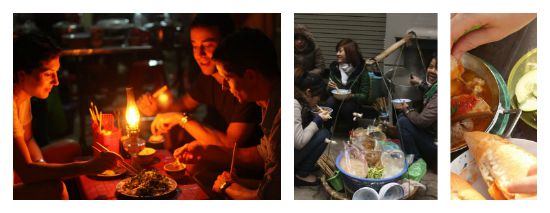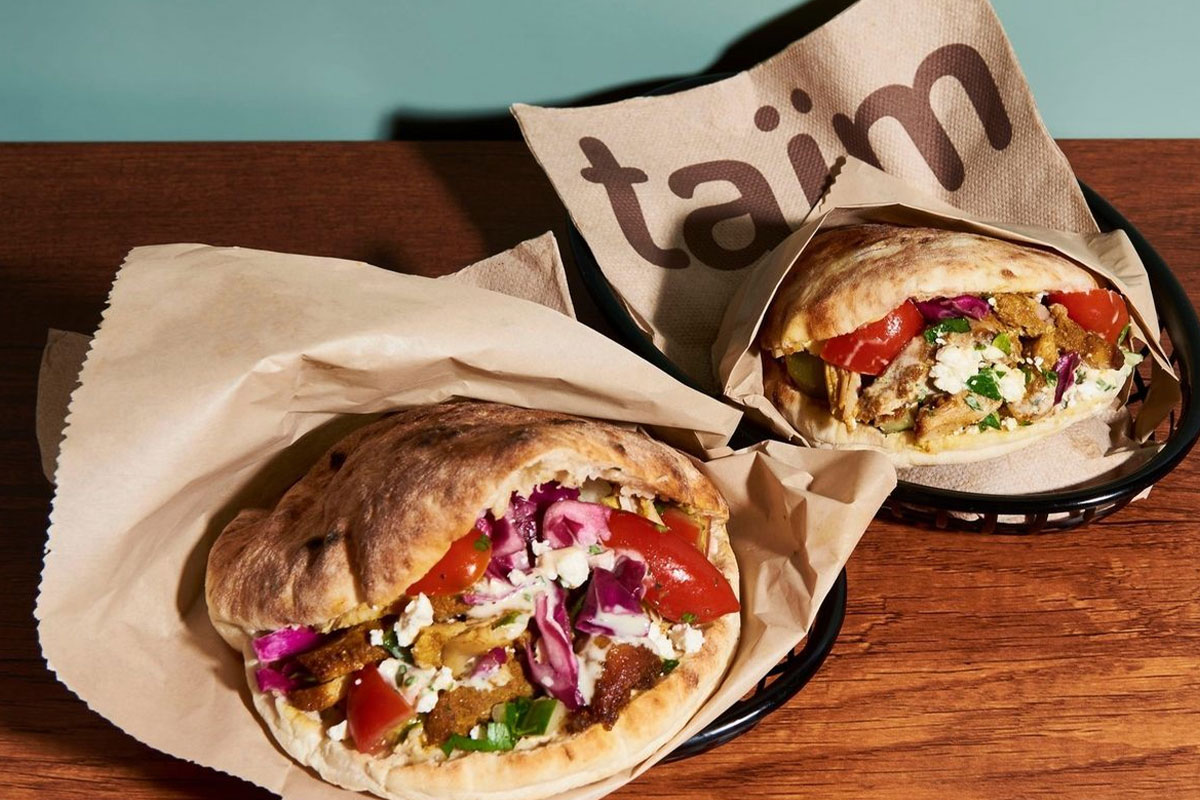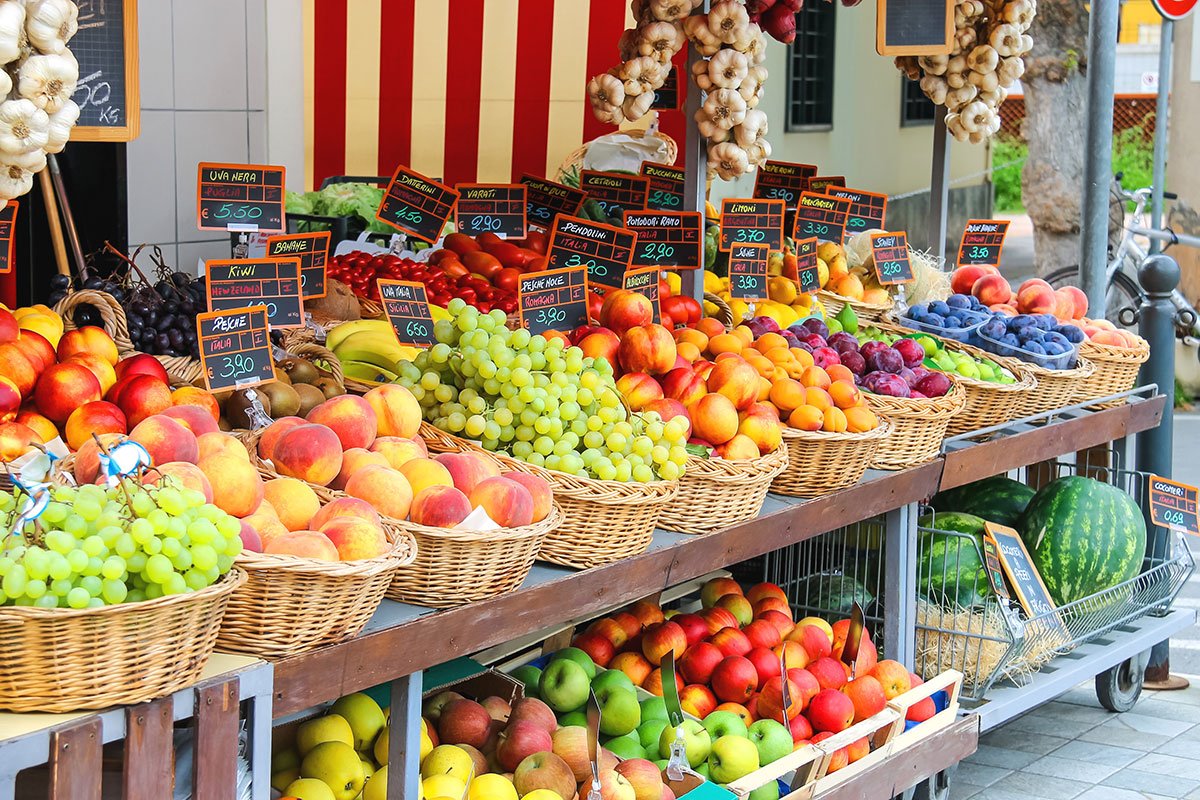
Earlier this week, the Washington Post ran “Why everyone should stop calling immigrant food ‘ethnic’” by Lavanya Ramanathan, claiming the term “ethnic,” when describing food, is somehow derogatory, selectively applied to the “most foreign, often cooked by people with the brownest skin” and that “you might as well be remarking disdainfully about [immigrants’] clothes or skin color.”
She points to second-generation immigrant chefs cooking in sleek, consciously decorated restaurants as every bit as ethnic as the unpolished, basic eateries dotting strip malls in the suburbs.
While Ramanathan might have a point—we shouldn’t always be looking to low-rent, simple home cooking as “authentic” only because of its basic, no-frills surroundings or low price tag—I don’t agree with her claim that the term “ethnic food” has a negative, slightly racial bias to it.
At Northern Virginia Magazine I’ve written the column Global-ish, where I find some of the best ethnic food for under $12, for six months now, but I’ve been an ethnic food (yes, I said it) eater for many years. I’ve eaten grilled beetles, crocodile skewers, chicken testicles and beef brain tacos.
While my motivation for eating most of these things has been partly for shock value, I’ve also enjoyed the camaraderie that follows when I meet someone who’s eaten off the beaten path, too. It’s like we belong to some Club of Better Eating, and we feel proud of ourselves for having discovered, for having endured, for having savored it. My fondest memories of living overseas (five countries in total) are those where I had some unconventional food experience, whether it was eating stir-fry off a hot skillet while perched on an 8-inch tall plastic stool on a busy sidewalk in Hanoi, Vietnam, or letting my 4-month-old baby be held by a Sri Lankan woman balancing a cashew-harvesting machete on her opposite hip so that I could try some of her freshest bounty (Note: My baby was unharmed in the process.). The food, whether mundane or exotic, is all part of the unforgettable experience of having traveled to a far-flung place.
That’s the point that Ramanathan is missing about the sea of unfounded Yelp reviews that casually toss about the term “ethnic food” as a generic label. Yelp’s very success is predicated on the Everyman quality it has. Instead of relying on the opinions of seasoned food critics, everyone can be a warrior in the search for a better meal. Yelp’ers might insensitively apply “ethnic food” here and there, but that shouldn’t diminish everyone’s collective search for better food.
For so long in this country, quality dining experiences were associated almost exclusively to haute cuisine. The rise of our acceptance of great food, whether it’s eaten from white tablecloths or off the back of yesterday’s newspaper, is a good thing. If anything, we’re using the term “ethnic food” as a keyword in the search for unexpected triumphs in pursuit of the next great meal.
To me, that’s the significance of ethnic food, and it’s why I’ll keep writing about it and calling it that. I want people to share in the delight that so many before me have experienced, unearthing the gems hidden all over Northern Virginia in the most unexpected of places. It’s ethnic food because of the experience, not because of the people cooking it or our views about them.
MORE | Global-ish




